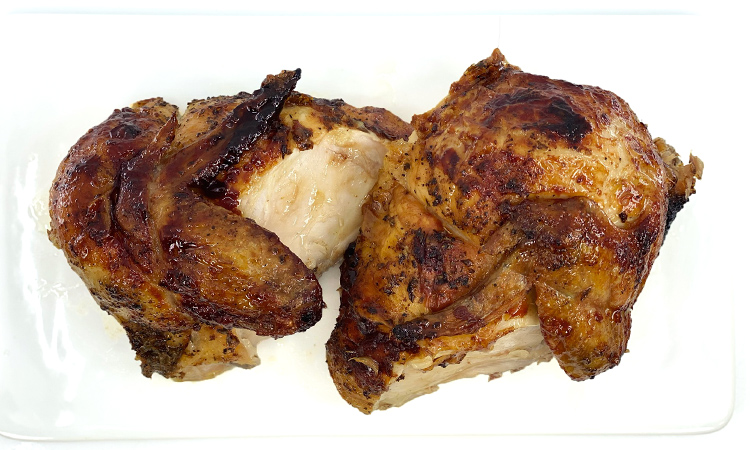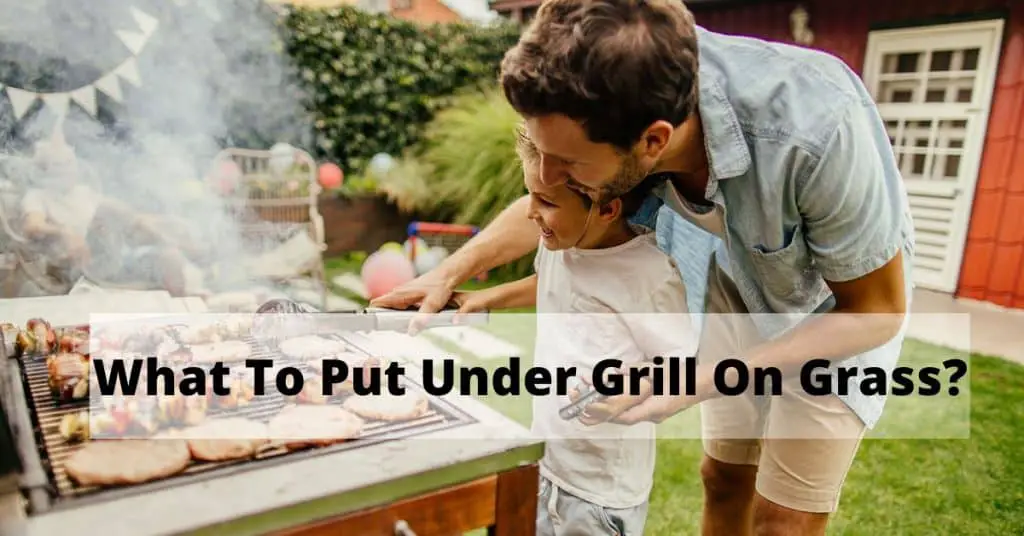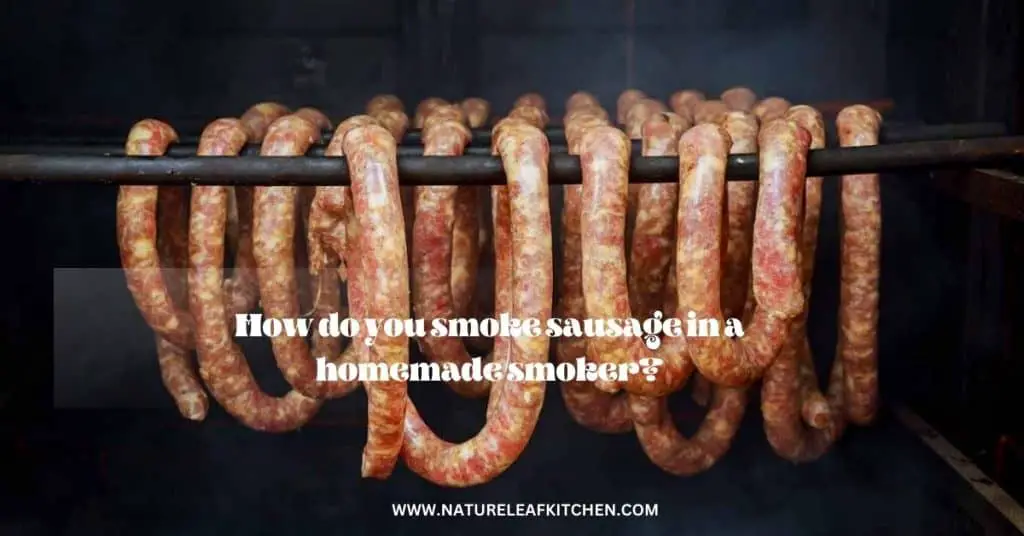Grilling is generally healthier than smoking, using less oil and retaining more nutrients. Smoking can impart carcinogens onto food due to long cooking times and smoke exposure.
Grilling or smoking, both cooking methods offer unique flavors and experiences. Grilling uses high heat and a relatively short cooking time, which can preserve the nutritional content of foods, especially vegetables and lean meats. In contrast, smoking involves cooking food at low temperatures over an extended period, which can imbue a rich, smokey flavor but at the potential cost of introducing harmful substances.
For health-conscious individuals, mastering the art of grilling can lead to delicious meals without compromising health. Opting for lean cuts of meat and fresh vegetables can maximize the benefits of grilling. For those who prefer smoked dishes, moderation and careful cooking practices can mitigate health risks. Choosing the proper cooking method can elevate your culinary experience and promote a balanced diet.

Credit: bbqchamps.com
Health Showdown: Grilling Vs. Smoking
When it’s time to cook meat, two popular methods are grilling and smoking. The health aspects of each method create a hot debate. Will grilling reign supreme, or does smoking steal the healthier spotlight? Let’s break down the advantages of each cooking technique.
Pros Of Grilling
Grilling is a quick method of cooking that often leads to delicious results. Here are some benefits for your health:
- Less Fat: Grilling allows fat to drip away from the meat, reducing calorie intake.
- Shorter Cooking Time: High heat and quick cooking preserve more nutrients.
- Minimal Use of Oil: Grilling requires less added fat, making for leaner meals.
- Veggies Stay Nutritious: Grilled vegetables retain more vitamins and minerals.
Pros Of Smoking
Smoking imparts a rich flavor and tenderizes meat over prolonged periods. Its health advantages include:
- Low-Temperature Cooking: Smoking uses lower temperatures, reducing harmful compounds.
- Flavor Without Fats: The process adds taste without extra oils or butter.
- Less Sodium: Smoked meats often require less salt, beneficial for blood pressure.
- Potential Antioxidants: Some studies suggest smoke contains antioxidants that may penetrate the food.
Breaking Down The Cooking Processes
When weighing the pros and cons of grilling versus smoking, it’s essential to delve into the various cooking methods. Both techniques possess unique characteristics that impact flavor, texture, and healthfulness. This section aims to untangle grilling and smoking mechanics to help you decide your next backyard cookout.
The Mechanics Of Grilling
Grilling stands out for its quick cooking times and high heat. This method involves direct exposure of food to flame, leading to a delicious char and a smoky taste. Here is how grilling works:
- Direct Heat: Food cooks quickly over an open flame.
- High Temperatures: Heat levels can reach above 400°F.
- Fast Cooking: Many foods require just a few minutes per side.
- Seared Texture: Creates a crispy outer layer.
Nutrition Preservation: Quick cook times help retain nutrients.
The Science Behind Smoking
Smoking is synonymous with low and slow cooking. This technique uses smoldering wood to impart flavor over extended periods. Key elements include:
- Low Heat: Typically under 275°F for gradual cooking.
- Long Durations: Can range from hours to a full day.
- Smoke Flavor: Woods like hickory or mesquite add distinct tastes.
- Tenderness: Breaks down tougher cuts of meat.
- Indirect Heat: Food cooks away from the direct flame.
Aromatics: Herbs and spices in the smoking chamber enhance flavors.
Nutritional Implications Of Each Method
Considering the health impacts of cooking methods is critical for nutritious meal planning. Cooking techniques can affect the nutrient composition of food. Grilling and smoking are popular methods with distinct influences on nutrition.
Retained Nutrients In Grilled Foods
Grilling often preserves more of certain nutrients in food, especially when it comes to proteins like meat and fish. Quick cooking at high temperatures helps retain vitamins and minerals that might be lost in slower cooking methods. Grilling can be especially beneficial for:
- Vitamin B retention: Essential for energy production and maintaining healthy nerves.
- Mineral preservation: Key minerals such as iron, zinc, and selenium are better retained.
Using minimal oil also keeps grilled foods lower in calories while maintaining high flavor and nutrients.
Nutrient Changes In Smoked Foods
Smoking imparts a distinct flavor but can alter nutrient content differently. Meats and fish smoked at lower temperatures for extended periods may lose:
- Water-soluble vitamins: Such as vitamin C and some B vitamins.
- Fat content alterations: Fat may drip away from the food, reducing the total fat content.
It is important to note that smoking meats can lead to the formation of harmful compounds like polycyclic aromatic hydrocarbons (PAHs). Keeping the temperature-controlled and cooking for appropriate durations can help minimize this risk.
| Nutrient | Grilled | Smoked |
|---|---|---|
| Vitamins | Higher Retention | Some Loss Possible |
| Minerals | Good Retention | Varies |
| Fats | Low Impact | May Reduce Total Fat |
Risk Factors: Understanding Health Concerns
Grilling and smoking foods are popular methods that add flavor to our meals. Yet, they carry health risks that should not be ignored. This section uncovers critical concerns linked to these cooking practices. Emphasis is on producing harmful compounds and their potential impact on our health.
Carcinogens From Grilling
Grilling meat at high temperatures can lead to the formation of carcinogenic substances. Two main types are of concern:
- Polycyclic Aromatic Hydrocarbons (PAHs): These form when fat drips onto the heat source. As smoke rises, it can coat the food with PAHs.
- Heterocyclic Amines (HCAs): HCAs develop in meats cooked at high temperatures, especially when charred.
Avoid overcooking and keep flames from directly touching the meat to minimize risks.
Health Risks Linked To Smoking
Smoking food involves exposing it to smoke at low temperatures for extended periods. This method also comes with health considerations:
| Compound Type | Common Sources | Health Impact |
|---|---|---|
| Nitrosamines | Smoked meats and fish | Potentially cancer-causing |
| Polycyclic Aromatic Hydrocarbons | Smoke from wood and other materials | Can damage the lungs and contribute to heart disease |
Opt for smoking with wood recognized as safer and always ensure good ventilation during the smoking process.
Flavor Profile And Satisfaction
Exploring ‘Flavor Profile and Satisfaction’ answers a tasty question: Which delights the palate more – grilling or smoking? Both methods transform simple ingredients into a feast but in very different ways. Let’s delve into these culinary techniques and discover what makes each so uniquely satisfying.
Taste Appeal Of Grilled Meals
Grilling is about the art of quick cooking. It uses high heat to sear the surface of food, creating those iconic char lines we all love. This method not only cooks foods swiftly but also enhances their natural flavors. Grilled foods often exhibit a pleasant smokiness and a juicy interior, making for an irresistible combination.
- Vegetables gain a light, smoky edge.
- Meats showcase a crisp exterior while remaining tender inside.
- Seafood develops a succulent texture and a sweet smokiness.
Richness And Depth In Smoked Dishes
Smoking takes on a low-and-slow approach. It imbues foods with a complex flavor profile that’s hard to replicate. The slow infusion of wood smoke does more than cook; it transforms. During the lengthy smoking process, an array of flavor nuances develop, unrivaled in depth.
| Food | Smoke Flavor |
|---|---|
| Pork | Becomes rich and savory |
| Beef | Adopts bold, robust notes |
| Cheese | Gains creamy complexity |
Every smoked dish offers a unique taste journey. The smoke rings just beneath the surface tell stories of patience and flavor. Those who savor the nuances find a satisfaction deepened by time and technique, making smoking an adventure in taste.

Credit: larosachicken.com
Conclusion: The Verdict On Healthier Cooking
When it comes to a healthy diet, how you cook your food is key. Grilling and smoking offer different tastes and health benefits. Let’s find out which method tips the scales for a healthier meal.
Balancing Flavor And Health
The battle between grilling and smoking isn’t just about flavor. It’s about good health too. Grilling is known for its quick cooking times, which preserve more nutrients in some foods. A crispy, lightly charred exterior from a grill can mean less fat and fewer calories. Still, be mindful of charred meats; they might have chemicals not great for your health.
On the other hand, smoking infuses deep flavors into your meats and vegetables, unlike any other method. But it takes more time and can include more preparation with marinades or rubs. The health angle? Smoking at low temperatures causes less charring, which is a plus.
Making Health-conscious Choices
- Choose lean meats for grilling to reduce fat intake.
- Marinate or use dry rubs to boost flavor without adding extra calories.
- Avoid processed meats on the grill or smoker—they often contain unhealthy additives.
Both techniques can be part of a health-conscious diet. The key is in the preparation and choice of food. Grill vegetables for a quick, nutrient-dense side dish. Opt for smoking when you have time to monitor the process and ensure meats are cooked safely.
| Method | Flavor | Health |
|---|---|---|
| Grilling | High | Use lean meats and vegetables |
| Smoking | Intense | Monitor and control temperature |
In every meal, consider the balance. Is it flavorful? Is it nutritious? With a few smart choices, you can enjoy both grilling and smoking without compromising health. Remember, regardless of your method, a variety of foods and moderate portions always serve your body best.

Credit: www.foodnetwork.com
Frequently Asked Questions Of Which Is Healthier Grilling Or Smoking
Which Method Reduces Cancer Risk, Grilling Or Smoking?
Grilling at lower temperatures with lean cuts of meat can help reduce cancer risks associated with high-heat cooking and smoke.
Does Smoking Meat Impart More Flavor Than Grilling?
Smoking meat typically imparts a deeper, more complex flavor profile than grilling due to the slow infusion of smoke.
Is Grilling Quicker Than Smoking Meat?
Grilling is generally much quicker than smoking, which requires prolonged cooking times to infuse the food with smoke flavor.
Conclusion
Deciding between grilling or smoking for a healthier meal depends on personal taste and lifestyle priorities. Both techniques impart unique flavors and can complement a balanced diet. For lower-fat cooking, grilling is prime; for robust flavors, smoking has the edge.
Whichever you choose, savor responsibly and enjoy your culinary creations.



